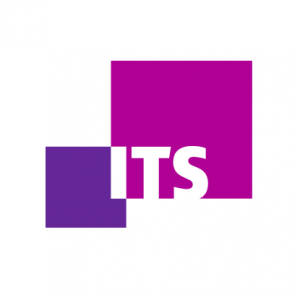Mudamos Report: Political Reform
Citizens’ proposals for a democratic Political Reform
categories
theme
Published in Portuguese
In June 2013, Brazil experienced a series of manifestations that marked the way Brazilians think about politics. Many people went on the streets to present their demands and there was one that stood out as transversal to all: the need for a deep Political Reform in the country. The larger street manifestations have cooled down, but the pression over the institutions has grown. Then president Dilma Rousseff was urged to provide a response and, therefore, started to pressure the Congress in search for a solution.
Finally, in 2015, the Congress presented a proposal on Political Reform, but the majority of the suggested alterations intented to protect corporative interests of politicians while they did not touch upon the construction of a more just political system, that privileged less the economic power and favoured the approximation between representatives and population. Peopl’s claims were not incorporated in the reform. A possible diagnosis for this outcome is that popular pressure could not gain momentum due to the lack of impactful information produced by popular debate, since it was based on shallow arguments, which were not sustained by trustworthy sources of information.
Having this scenario in mind, ITS Rio, with the support of Ford Foundation, Arapyaú Institute and the Institute of Social and Political Studies of the State University of Rio de Janeiro, has launched plataformabrasil.org.br, an online space for debates that had as its main goal to assist the construction of a new political reform that privileged an informed, multisector and sustained debate by instruments of transparency and participatory equity. Between May and August 2015, the platform’s team asked thousands of Brazilian citizens: “which political reform you want to build?”. Throughout this period, more than 30k contributions were received, first, priorizing various topics and, then, proposing solutions to five fundamental questions for this challenge in Brazil.
The debate was compiled in a report that pointed to important directions towards the construction of a more just, open and participatory political system. The main areas of discussion were:
– Transparent political decisions;
– Financing of political campaigns;
– Expansion of spaces and practices of consultation to the population;
– Monitoring and transparency of donations to electoral campaigns;
– Citizen e-participation.
Read the full report here.
related content
publications
Open Data: International Perspective
Article on the state of the Open Government Data initiative in Brazil Learn More
projects
Mudamos
Enabling a democracy based on participatory technologies for the inclusion of citizens Learn More
projects
“Login Cidadão”: creation and terms of use
Protection of privacy in the unification of citizens databases Learn More

